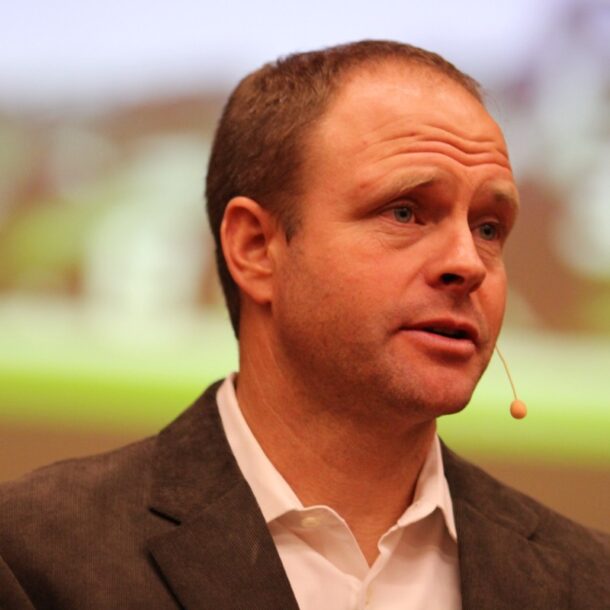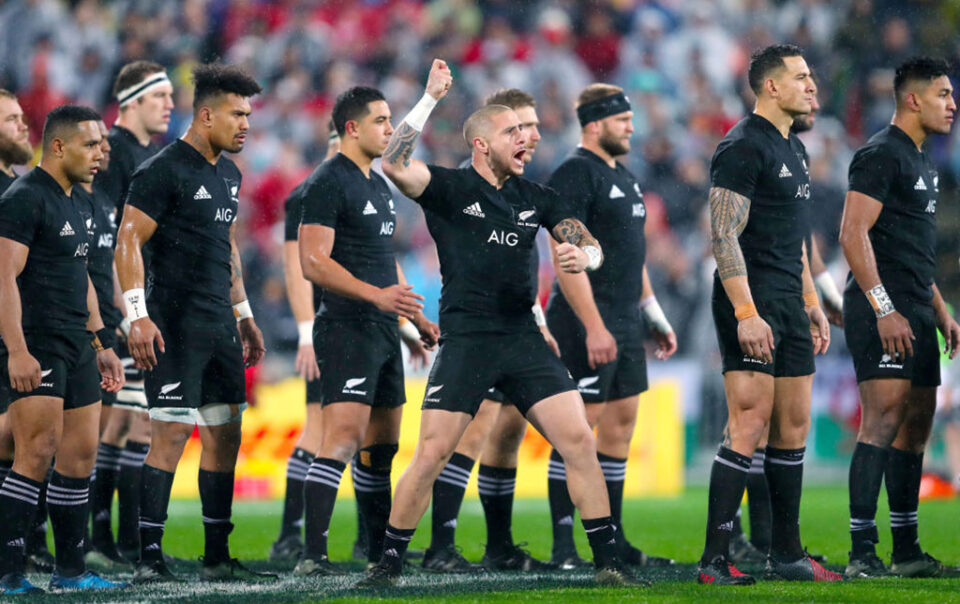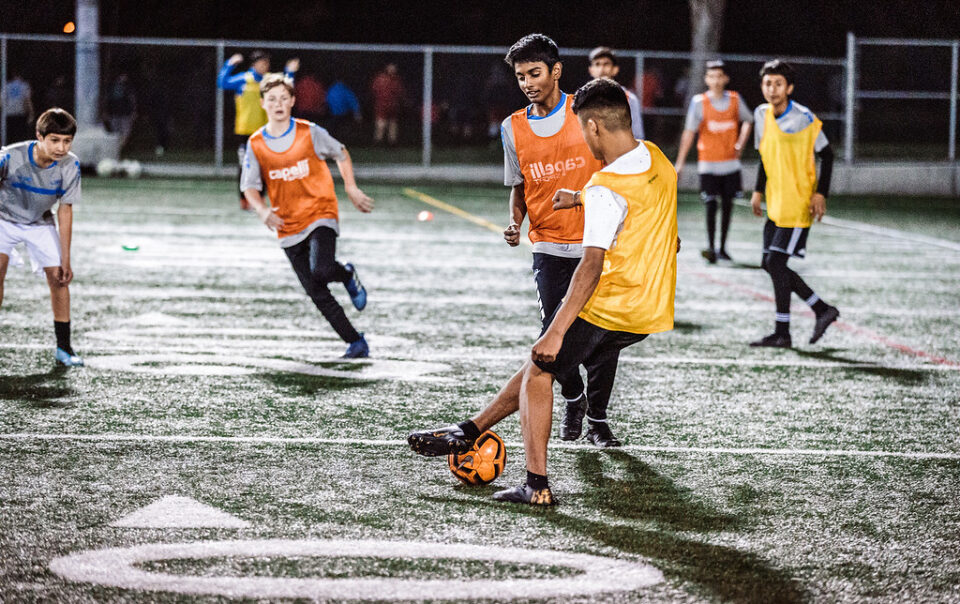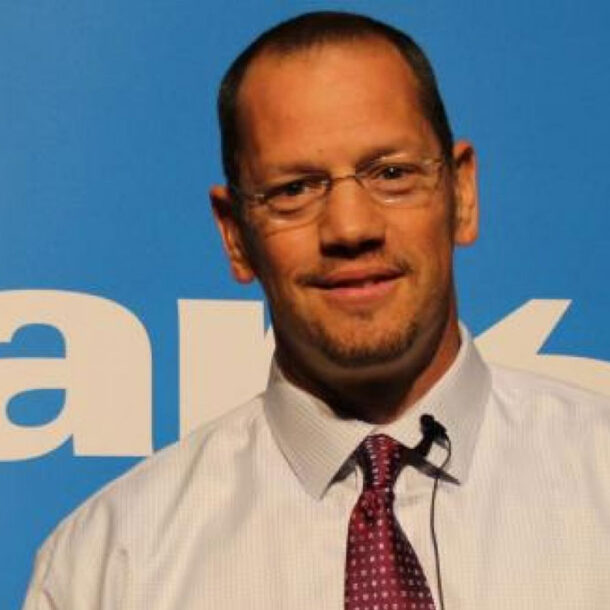
Moving forward on our Monthly Campaign, Managing The Performance Environment, Coach & Player Development Director Pablo Toledo interviewed our guest Juan González Mendia from Sudamérica Coaching to discuss Performance and Athlete Centered Environments on an enriching new episode of our Webinar Series.
Juan, a world recognized professional in the field, who currently coaches at the Development Player Pathway at Northampton Saints, is a Divisional Coach for the Scotland Qualified Programme, and works as a Coach Developer for the RFU and is a World Rugby Mentor, walked us through his journey and left some interesting concepts.
Below, some Highlights from this amazing Webinar:
About contrasting a participant centered environment to a coach/teacher centered environment:
“Well, I would say that most of the environments in sports in the last 20 years have been related to education, and in the last 50 or 60 years (if not more) education has been related to somebody on a step, literally, telling the participants what they need to learn. If they were lucky, they would also hear ‘why’ they need to learn it. This is a real story that serves as an example. I started teaching at a school years ago, in 2008, and the classroom had a step, so in my first week I turned that step into a stage. I moved my desk to the back of the room, and we turned the step into a stage in which the student would perform, express himself/herself, or present”.
About evaluating the environment and the importance of making mistakes:
“I read once this definition of failure that I really liked: FAIL = First Attempt In Learning. If your practice looks perfect, and the players are not making mistakes, I would encourage you to reassess and possibly change that practice. If they are not making mistakes, I’m not sure they are developing”.
About good practices for clubs to create better environments:
“One of them would be to mix up the coaches. You wouldn’t send your children to a school in which they’re going to have the same teacher for 12 years, so why do we accept it in sports?”.
“Another would relate to playing time and the relative age effect. Imagine your child coming back from school and saying ‘Mom, today I was only allowed in Geography class for the last 10 minutes’. You wouldn’t accept it, you would be knocking on somebody’s door for an explanation. Yet again, why do we allow it in sports? We see often the early developers play almost the entire game and when we are winning 4-0 we play the others. Just because you were born earlier in the year it shouldn’t give you an automatic passport to play more minutes. Then, have a playing time policy. You can say ‘everybody plays equal time’. Why? Because we want to develop everybody’.
Juan also shared during his presentation some Ted Talks & Videos to help us understand a bit more how to develop these environments:
- Takaharu Tezuka: The Best Kindergarten You’ve Ever Seen.
- Simon Sinek: How Great Leaders Inspire Action.
- Michael Moore: Why Finland Has The Best Education.
Missed the Webinar? Don’t worry, we recorded it!
CLICK BELOW OR VISIT OUR YOUTUBE CHANNEL TO REWATCH!











